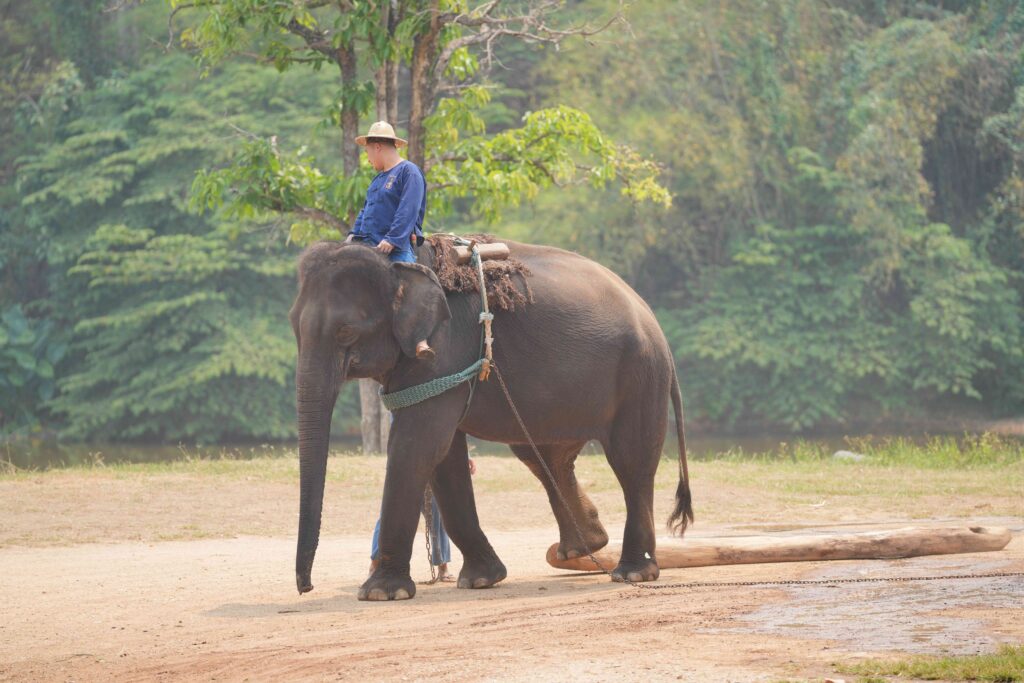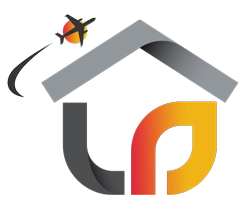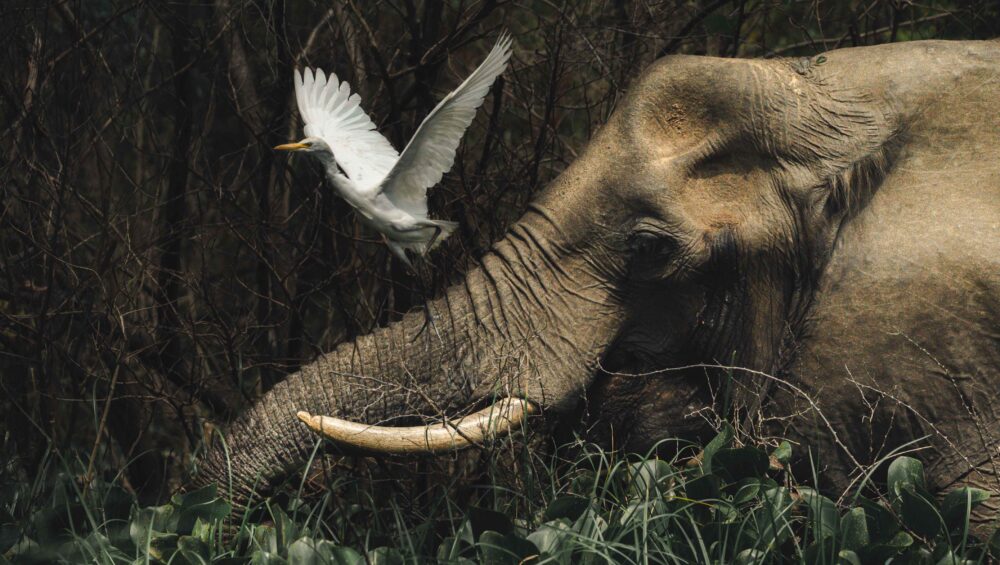Discover Phuket’s Thriving Wildlife: An Immersive Adventure
Exploring Phuket’s Wildlife Responsibly
Phuket, the largest island in Thailand, is renowned for its stunning beaches, vibrant nightlife, and delicious cuisine. However, many visitors may not be aware of the island’s incredible wildlife and the importance of responsible tourism when it comes to experiencing these natural wonders. In this guide, we’ll explore a better way to see wildlife in Phuket that prioritizes the well-being of the animals and their habitats.
The Importance of Responsible Wildlife Tourism
Responsible wildlife tourism is crucial for several reasons:
* It ensures the safety and well-being of the animals
* It helps to preserve natural habitats and ecosystems
* It supports local communities and conservation efforts
* It provides visitors with a more authentic and meaningful experience
“When done right, wildlife tourism can be a powerful tool for conservation, education, and local economic development.” – World Wildlife Fund (WWF)
Avoiding Unethical Wildlife Attractions
Unfortunately, not all wildlife attractions in Phuket prioritize the welfare of the animals. Some popular activities to avoid include:
1. Tiger Kingdom: Visitors can pose with sedated tigers, which is stressful and unnatural for the animals.
2. Elephant rides: Elephants are often mistreated and forced to carry heavy loads, causing them physical and emotional distress.
3. Monkey shows: Monkeys are frequently taken from the wild and trained using cruel methods to perform unnatural tricks.

Instead, opt for ethical alternatives that allow you to observe animals in their natural habitats or in well-managed sanctuaries that prioritize their well-being.
Ethical Wildlife Experiences in Phuket
Soi Dog Foundation
The Soi Dog Foundation is a non-profit organization dedicated to rescuing and rehoming stray dogs and cats in Phuket. Visitors can tour the facility, learn about their work, and even volunteer to help care for the animals.
Gibbon Rehabilitation Project
The Gibbon Rehabilitation Project aims to rescue, rehabilitate, and release gibbons back into the wild. Visitors can tour the facility, learn about the gibbons, and support their conservation efforts.
Khao Phra Thaeo National Park
This protected area is home to a diverse array of wildlife, including gibbons, hornbills, and flying lemurs. Visitors can hike the nature trails, spot wildlife, and learn about the park’s conservation efforts.
Tips for Responsible Wildlife Viewing
When observing wildlife in Phuket, remember to:
* Keep a safe and respectful distance from the animals
* Do not feed or attempt to touch the wildlife
* Be quiet and minimize disturbances to the animals and their habitats
* Support local conservation efforts and choose ethical tour operators
* Educate yourself and others about the importance of responsible wildlife tourism
“We have a responsibility to protect the incredible biodiversity of our planet, and that starts with making informed choices about how we interact with wildlife.” – Jane Goodall
Conclusion
By choosing ethical wildlife experiences and being a responsible visitor, you can help protect Phuket’s remarkable animals and their habitats. Not only will you have a more authentic and meaningful experience, but you’ll also be contributing to the long-term conservation of these incredible species. So, the next time you visit Phuket, remember to explore its wildlife responsibly and be an advocate for positive change in the tourism industry.

